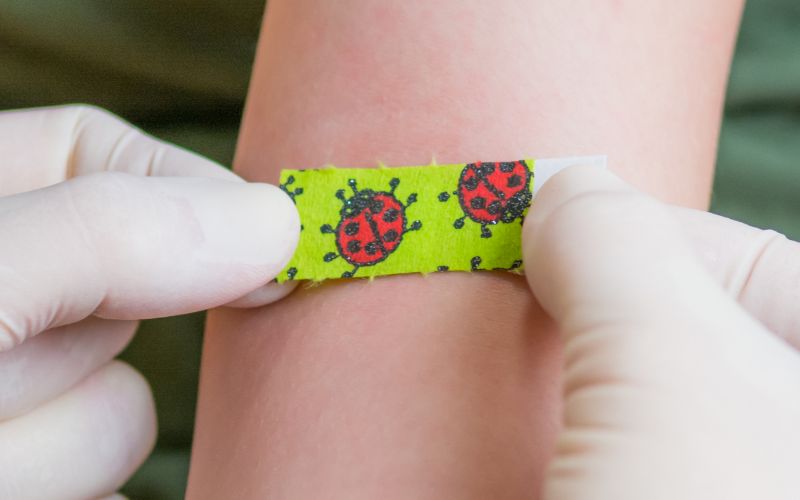
It was recently announced that over half the Scottish population have received their first dose of a Covid 19 vaccine. This is an impressive accomplishment given that it has been little over a year since the pandemic begun.
Amongst the 2.7 million people left to receive their vaccine are 1.5 million children. Children and vaccines have a long history of controversy. For example, in 1998, the renowned medical journal ‘The Lancet’, published an article suggesting that the MMR vaccine was linked with symptoms of Autism. This was later disproved but caused significant concern amongst parents. Although, there now appears to be widespread agreement that childhood vaccines are safe and that it is in a child’s best interest for them to receive them, there is still a large number of parents who disagree.
Who makes the decision?
In Scotland, children aged 16 and older are presumed to have sufficient capacity to provide consent for medical treatment, including vaccines. Some children below the age of 16 can also make their own decisions, so long as they fully understand the nature of their decision, what’s involved and any potential risks. If not, then anyone with parental rights and responsibilities (PRRs) can provide consent. Generally speaking, these are given to those individuals listed on a child’s birth certificate. However, PRRs can also be awarded through the courts or if consented to by the mother of the relevant child.
So what recourse does the law offer for those parents with differing opinions on whether their child should be vaccinated?
Conflicting Views
Although only one consenting parent is required to administer a vaccine, it is widely accepted by medical practitioners and recommended by their regulatory bodies, that if one parent agrees and another disagrees, the vaccine should not be given without specific court approval. The parent opposing the vaccination will need to make a court application and the court will make a decision solely on what is in the best interest of the child. Recent examples suggest the court’s starting position will be in favour of vaccinating the child and it will be for the dissenting parent to prove why it is not in their child’s best interest that they are.
Covid 19
Although the courts seem to be endorsing childhood inoculations generally, there is a degree of uncertainty in relation to how they will view the Covid vaccine specifically. In keeping with the legal principle a ‘child’s welfare is paramount’ a decision will likely take into consideration all scientific evidence available. Therefore, until more statistics and research are published detailing the efficacy of the vaccine in children and any associated risk; it is difficult to predict the court’s view.
While there are no current plans to vaccinate children, Pfizer recently announced that trials of its Covid vaccine in those aged 12 to 15 showed 100% efficacy and a strong immune response. Should further data be consistent with this, then it is more than likely the court will support Covid-19 vaccines for children.
If you have further questions, or would like more information about consent for child vaccinations contact the Family Law team on 03330 430150.
